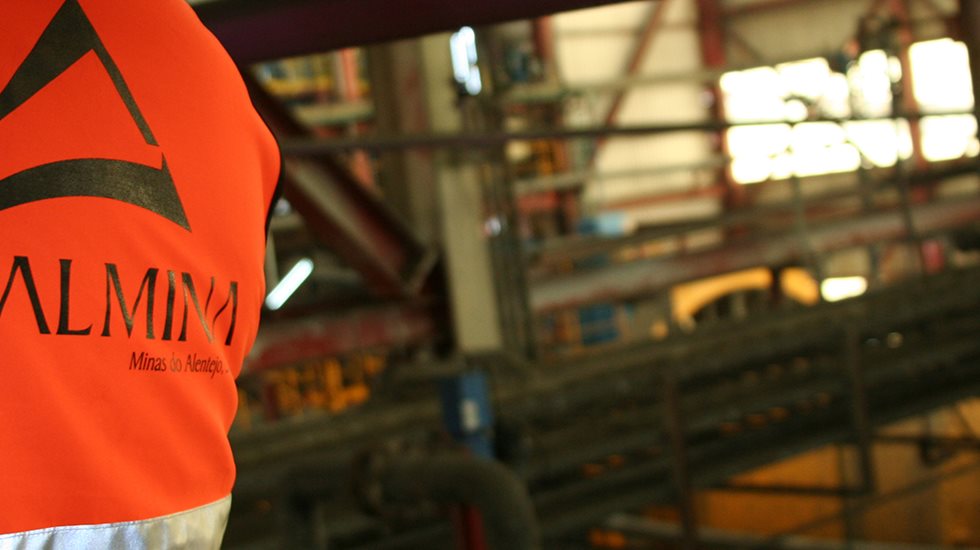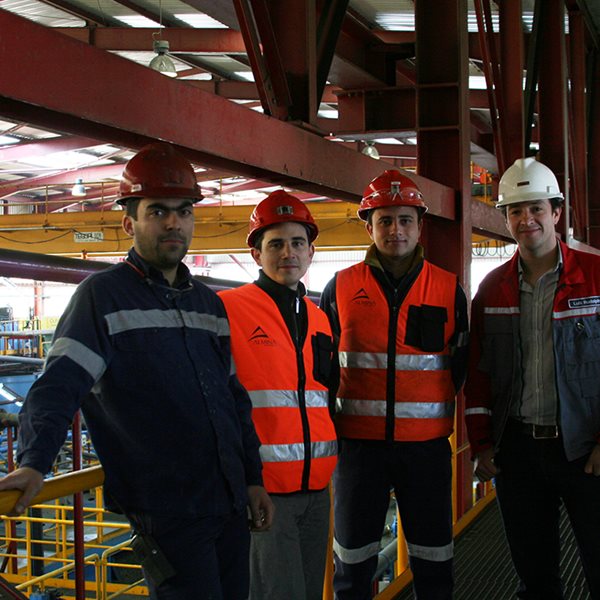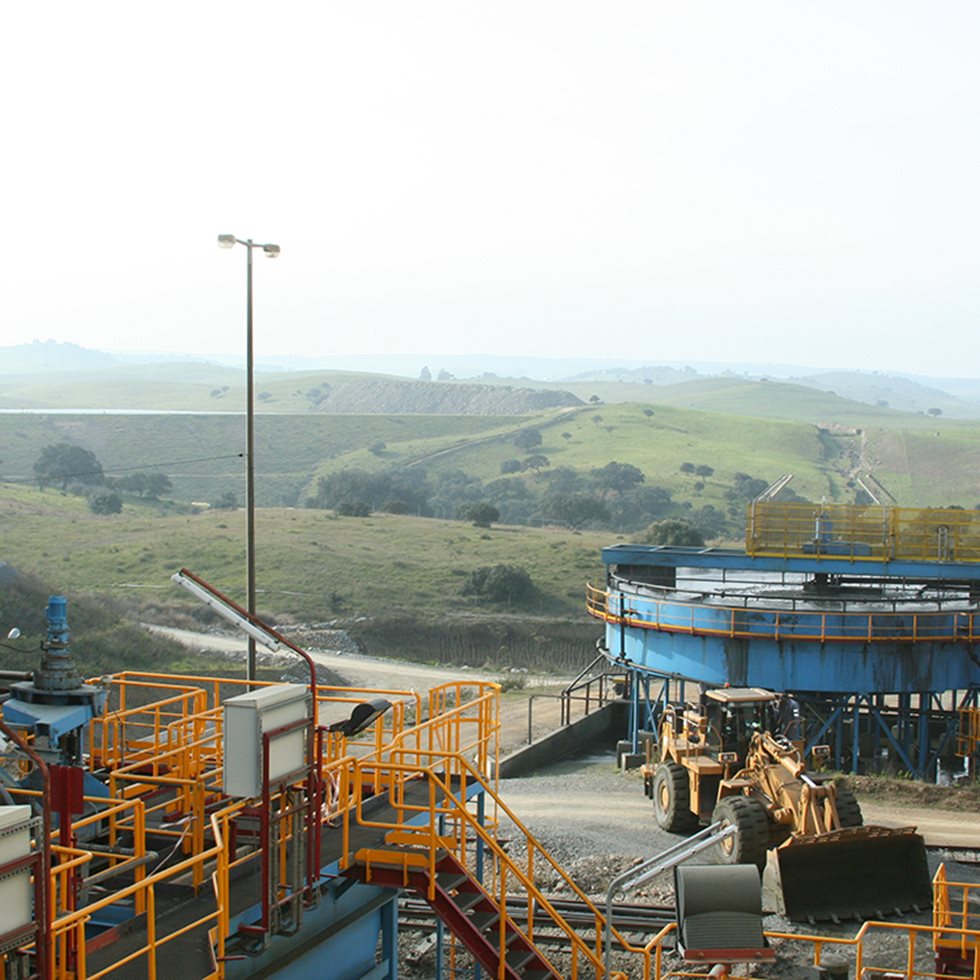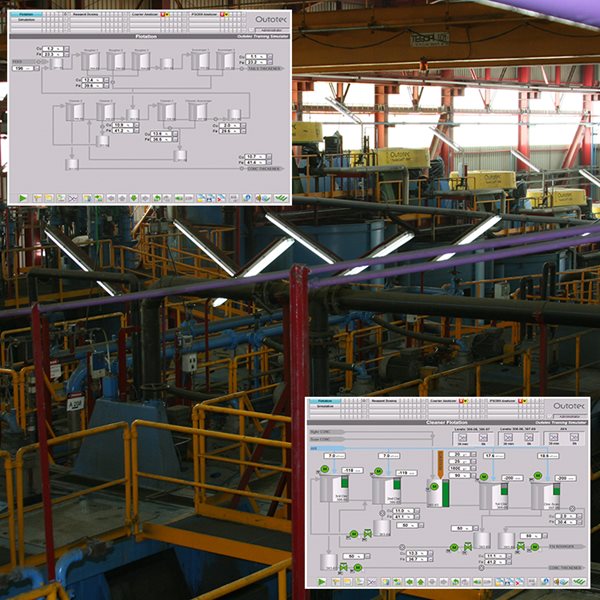“Successfully trained personnel make it possible to improve the utilization of equipment and extend the lifetime of the investment. The results can be seen in terms of cost per ton and the total cost of ownership. Competent employees are essential for profitable operations and stable process control. Investing in personnel and their expertise pays for itself fast, as skillful personnel are able to get the most out of production,” says Kai Rönnberg, Product Manager at Outotec.
Outotec has developed a new training concept, Virtual Experience Training, which is designed mainly for concentration plant operators. The training course utilizes the extensive knowledge of Outotec in minerals processing and is a unique training concept within the industry. The training provides operators with a safe and controlled environment for studying process dynamics, process equipment and control systems. Learning and practicing process situations, such as failures of critical equipment and process start-up or shut-down sequences, are certainly safer and more cost effective in a virtual environment.
Training request
Over the past few years Outotec has supplied the Almina plant in Portugal with basic engineering for process modification, two grinding mills, 51 flotation cells (including 4 refurbished flotation cells), a courier analyzer with complete sampling system and a service agreement. This was followed by a request: if Outotec could provide training for the plant’s flotation operators.
As most of the operators at the Almina plant were inexperienced, Almina’s management wanted to organize training for them to ensure that the process would get off to the best possible start. “We wanted our operators to understand what is happening in the process, to make the necessary corrections and to take the right actions,” explains Almina Plant Manager Carlos Gil.
Only three of Almina’s five team leaders had previous experience with operating the flotation process. “We wanted to make process evaluation and decision-making available also for the line operators, not only for the team leaders,” Carlos continues.
Almina requested that the training be scheduled for July 2010, before the start-up of the plant. “We had conducted internal training before, but this time we had no time to arrange the training ourselves. We needed the training ASAP, and it was essential to increase the expertise among the operators,” Carlos defines.
Almina also considered other options, providers and concepts for the training. “What was most attractive about Outotec’s proposal was the interactive element. In the simulations, people need to think for themselves,” Carlos explains, summing up the buying decision.
“We have worked with Outotec before, and we consider them a partner. Based on our experience with Outotec in the past, we felt comfortable and assured about signing up for this training, as we knew that Outotec would live up to its reputation,” Carlos continues.



